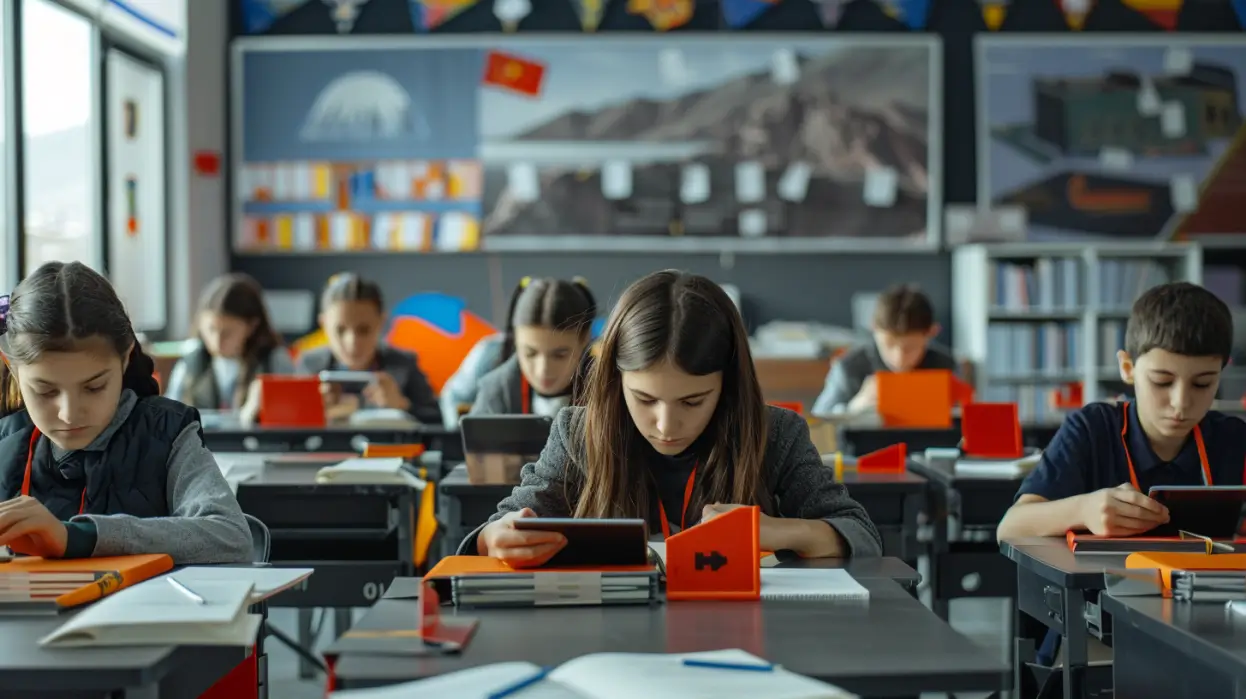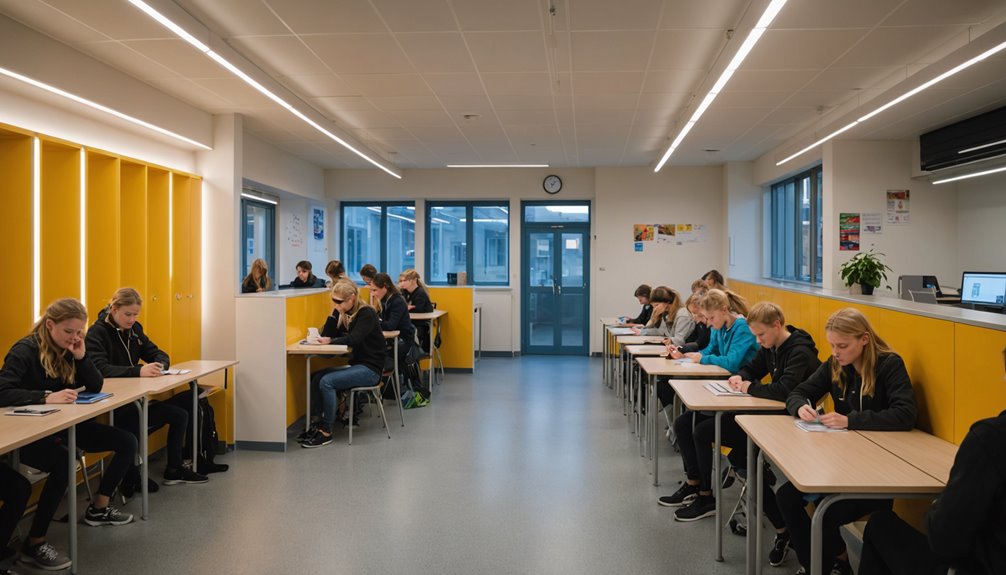School phone ban opinions heat up across Europe
There is some contention across Europe on the approach to banning mobile phones and smart devices from the classroom. We take a look at what’s causing people to stay on the fence.
Back in 2021, Australia’s Queensland began rolling out mobile phones bans in schools, followed in 2023 by South Australia and New South Wales. A year on, a survey from 1,000 head teachers found 95% support for the ban, with the removal of phones improving student focus and a reduction in social isolation.
According to UNESCO, around 25% of countries have introduced bans on mobile phones in schools. Reasons vary, with it being more about paying attention in class. Country to country, other reasons for removing smartphones include:
- Preventing cyberbullying
- Reducing anxiety to own an expensive phone
- Improving social interaction between classes
- Reducing addiction to the internet
In Europe, the Netherlands have banned smartphones for primary and secondary schools since 2024, with schools allowed to define their own rules. This is the same approach in the UK too, with guidance issued in the same year.
France has had phone-free schools for even longer, with the law stopping children up to the ages of 15 from using their phones inside school grounds since 2018.
So, if the feedback is positive, why are some against phone-free schools?
A lack of autonomy for schools
In the likes of the UK and Germany, whilst mobile phones and smart devices have been banned, schools are able to make their own decisions on how this is implemented.
In Hungary, things have got heated where a protest was held for a Head Teacher at a state-run school, who was fired for not complying with their nationwide ban. Fellow teachers have said that the decree by the Hungarian government was poorly conceived and underdeveloped.
In the Czech Republic, people are also protesting school phone bans, arguing that the government should not have the power to mandate a ban in all schools.
French teachers have their own concerns, they argue having students hand in their phones puts more pressure on them, with wasted time away from lessons. There’s also the issue of whether phones are lost, damaged, or if students object to being searched.
Another argument is that phones aren’t necessarily the enemy, and that instead the curriculum should include teaching kids how to be responsible in a new digital age.
What’s the solution for schools?
- No liability issues for schools or teachers
- No requirement to store phones
- No need to search students
- Ability to give access at any time

Phone Locker® is a leading provider of lockable phone pouches, where they have been used at product launches, music gigs, theatres and boardrooms across the world to create phone-free spaces. In a short space of time, schools around the globe – from Brazil to Hungary – have adopted these cost-effective pouches with great success.










